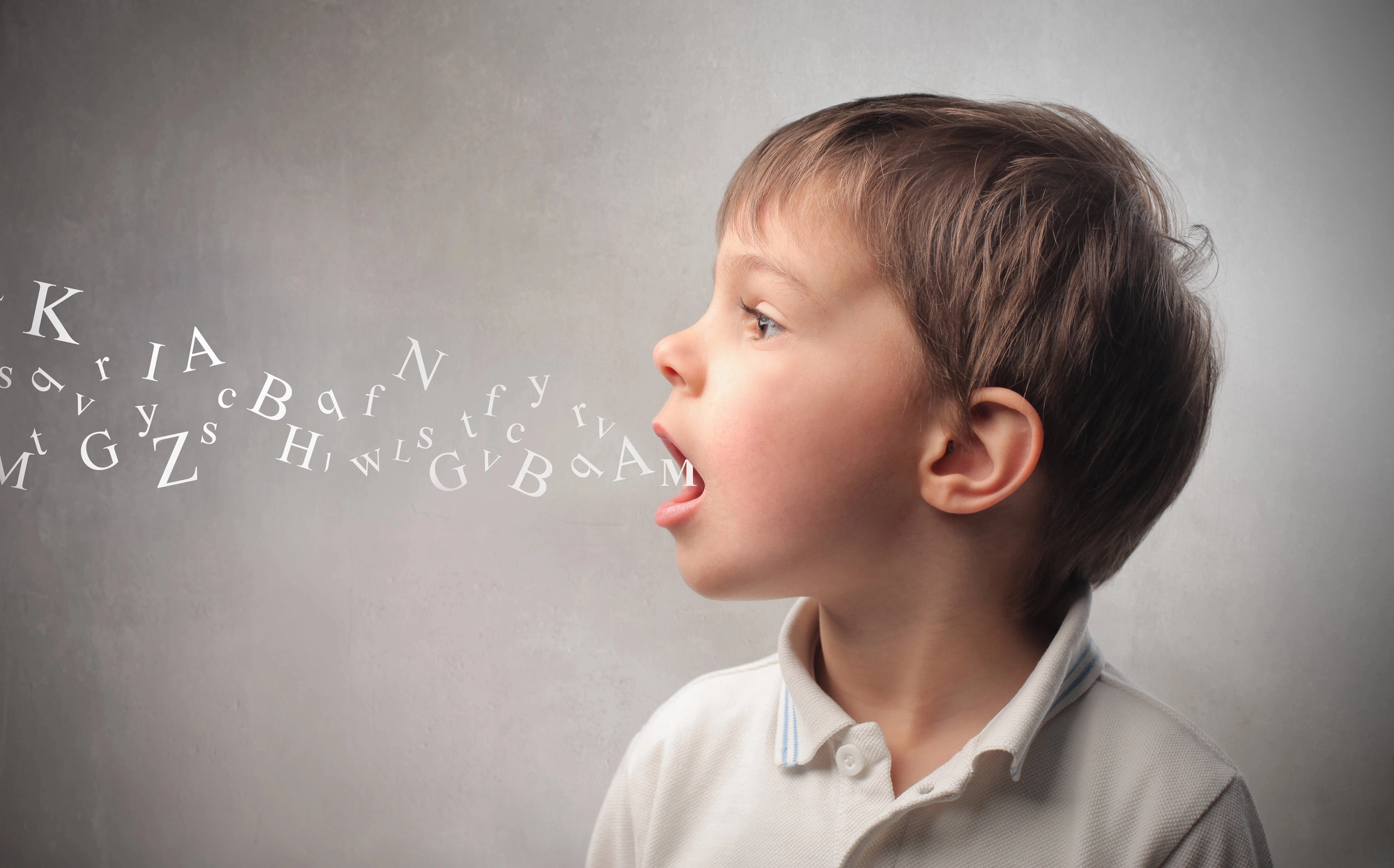
Speech Therapy for Toddlers in Grapevine: Early Intervention That Works
Communication is the foundation of human connection. For toddlers, learning to speak is a thrilling journey filled with joyful milestones. They begin to babble, imitate sounds, and gradually build their vocabulary, exploring the world around them through the magic of language. This period of rapid development is crucial for their social, emotional, and cognitive growth.
However, some toddlers may face challenges in developing their speech and language skills. Recognizing these challenges early on and seeking professional help can significantly impact their future communication abilities and overall well-being.
The Importance of Early Intervention in Pediatric Speech Therapy
Early intervention is crucial for children experiencing speech and language delays. The younger a child receives speech therapy, the more effectively they can learn and develop essential communication skills.
The human brain is incredibly plastic during early childhood, making it an ideal time for intervention and maximizing the benefits of therapy. Pediatric speech therapy focuses on addressing a wide range of challenges, including:
Articulation difficulties
This encompasses challenges with pronouncing sounds correctly, such as lisps (difficulty pronouncing the “s” sound), substitutions (e.g., saying “wabbit” for “rabbit”), and omissions (e.g., leaving out sounds).
Language delays
This may include difficulties with vocabulary development, grammar, and understanding and using language in social situations. Children may have limited vocabulary, struggle to form complex sentences, or have difficulty understanding and following instructions. For example, a child may have difficulty understanding and following multi-step directions, such as “Put your toys away and then wash your hands.”
Fluency disorders
Stuttering or cluttering, which involve disruptions in the flow of speech, can significantly impact a child’s confidence and communication. Stuttering may involve repetitions, hesitations, or blocks in speech, while cluttering often involves rapid, disorganized speech that is difficult to understand.
Social communication challenges
Difficulties with social interaction, understanding and using nonverbal cues (like body language and facial expressions), and engaging in conversation can also benefit from speech therapy for children. This may include challenges with turn-taking, maintaining eye contact, understanding social rules, and appropriately expressing and regulating emotions. For example, a child may have difficulty understanding and responding appropriately to another child’s feelings, such as frustration or sadness.
Recognizing the Signs of Speech and Language Delays in Toddlers
While every child develops at their own pace, parents and caregivers should be mindful of the following signs that may indicate a need for speech therapy for toddlers:
- Limited vocabulary: If your toddler’s vocabulary is significantly smaller than that of their peers, it’s crucial to consult with a speech-language pathologist. For example, if your 2-year-old uses only a few single words or primarily relies on gestures, it may be a cause for concern.
- Difficulty with pronunciation: Consistent mispronunciation of sounds, even after the age of 3, may warrant further evaluation.
- Limited sentence structure: If your toddler primarily uses single words or short phrases, it could be a sign of underlying language delays. For instance, if they consistently use two-word phrases while their peers are using longer sentences, it may be beneficial to seek professional guidance.
- Reliance on gestures: If your toddler frequently uses gestures to communicate their needs instead of words, this may indicate a need for support.
- Social communication challenges: If your toddler struggles to engage in back-and-forth conversations, maintain eye contact, or understand social cues, they may benefit from targeted intervention. This may include difficulty joining playgroups, showing limited interest in interacting with other children, or having difficulty understanding and responding to emotions. For example, a child may have difficulty understanding and responding appropriately to another child’s feelings, such as frustration or sadness.
The Benefits of Pediatric Speech Therapy for Toddlers
Pediatric speech therapy offers a wide array of benefits for toddlers, including:
Improved communication skills
Speech therapy for toddlers helps them develop and refine their vocabulary, grammar, and pronunciation. Through targeted exercises and activities, therapists can help children improve their articulation, expand their vocabulary, and develop more complex sentence structures. For example, therapists may use picture cards, songs, and storytelling to help children learn new words and practice using them in sentences.
Enhanced social skills
Therapists work on crucial social communication skills, such as turn-taking, maintaining eye contact, understanding and responding to nonverbal cues, and engaging in conversations. These skills are essential for building and maintaining healthy relationships.
Increased confidence
As toddlers gain confidence in their communication abilities, they become more engaged and interactive in social situations. This increased confidence can have a positive impact on their overall development and well-being.
Improved academic readiness
Strong language skills are fundamental for school success. Speech therapy for children provides a solid foundation for future learning, including reading, writing, and listening comprehension.
Early identification and intervention
Early intervention can address developmental challenges and prevent potential future difficulties, such as difficulties with reading and writing. By addressing speech and language delays early on, therapists can help children develop strong communication skills that will benefit them throughout their lives.
Choosing the Right Speech Therapy Program for Your Toddler
Selecting the right speech therapy program for your toddler is an important decision. Consider the following factors:
- Therapist experience: Look for experienced and qualified speech-language pathologists with expertise in working with young children.
- Treatment approach: Inquire about the specific therapeutic approaches used, such as play-based therapy, which can make the learning process more engaging for toddlers. Play-based therapy utilizes toys, games, and other engaging activities to target specific speech and language goals. For example, therapists may use puppets to model different communication skills, play interactive games that encourage turn-taking, and use songs and rhymes to improve articulation.
- Family involvement: Choose a program that emphasizes family involvement and provides guidance and support for parents and caregivers to continue the learning at home.
- Center environment: Consider the overall environment of the therapy center. A warm, welcoming, and child-friendly environment can make a significant difference in your child’s comfort and engagement.
Why Choose Grapevine for Your Toddler’s Speech Therapy?
Grapevine offers a supportive and nurturing environment for families seeking speech therapy for toddlers. Here’s why:
- Experienced and compassionate therapists: Our team of highly qualified speech-language pathologists are dedicated to providing personalized care tailored to each child’s unique needs. We understand the importance of building strong relationships with both children and their families.
- Play-based therapy: We believe in making therapy fun and engaging. Our therapists utilize play-based techniques that make learning enjoyable for young children. Through interactive games, songs, and storytelling, children learn and develop essential communication skills in a fun and motivating environment. For example, therapists may use puppets to model different communication skills, play interactive games that encourage turn-taking, and use songs and rhymes to improve articulation.
- Family-centered approach: We involve parents and caregivers in the therapy process, providing guidance and support to continue the learning at home. We believe that consistent support from parents and caregivers is crucial for long-term success.
- State-of-the-art facilities: Our center is equipped with a variety of therapeutic tools and resources to support your child’s progress.
Taking the First Step
If you have concerns about your toddler’s speech and language development, don’t hesitate to reach out. Schedule a free consultation with our experienced therapists to discuss your child’s specific needs and explore how speech therapy for toddlers in Grapevine can help them reach their full potential. Early intervention can make a significant difference in a child’s life, and we are here to support you and your family every step of the way.
Disclaimer: This blog post is for informational purposes only and should not be considered medical advice. Always consult with a qualified healthcare professional for any concerns regarding your child’s development.

